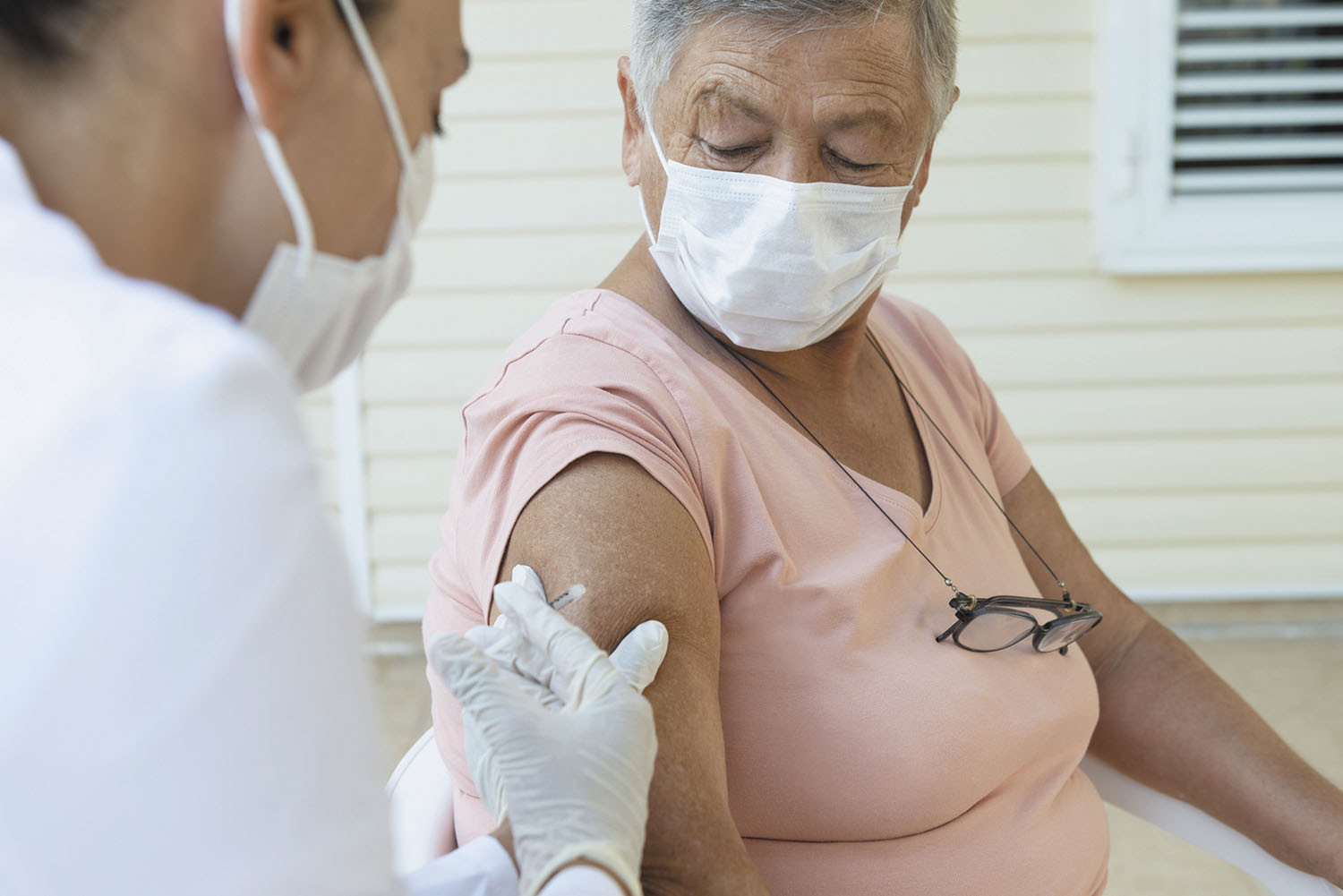
Counting steps is good — is combining steps and heart rate better?

Appendix pain: Could it be appendicitis?

Can saw palmetto treat an enlarged prostate?

How does Ozempic work? Understanding GLP-1s for diabetes, weight loss, and beyond

Zinc: What it does for the body, and the best food sources

Respiratory health harms often follow flooding: Taking these steps can help

Tips to leverage neuroplasticity to maintain cognitive fitness as you age

Can white noise really help you sleep better?

Celiac disease: Exploring four myths

What is prostatitis and how is it treated?
Staying Healthy Archive
Articles
Emergency care visits after cannabis use rising among older adults
A 2023 study found that cannabis-related visits to hospital emergency departments skyrocketed among adults ages 65 and older from 2005 through 2019.
Why won't my primary care doctor oversee my hospital care?
Increasingly, hospitalist doctors (who are present in the hospital 24 hours a day) take care of hospitalized patients, with advice from the patients' primary care doctors. This helps solve the dilemma of primary care doctors needing to be in two places at once—in a hospital with some patients and in an office with others. It's not a perfect solution: hospitalists often don't know the patients they're caring for, and they are unfamiliar with patients' extensive medical records. But ultimately, the increasing number of hospitalists is probably improving the quality and efficiency of hospital care.
What should I ask at my annual physical?
An estimated 32% of Americans delayed routine medical care during the pandemic. People resuming their annual physicals should ask their doctor if they need vaccinations, screening tests, prescription changes, or lifestyle modifications to improve their health.
Is biting my nails really that bad?
Nail-biting can introduce germs into people's mouths that can cause a range of illnesses, including colds or salmonella. The habit also creates tiny fissures in skin that can become infected. People who bite their nails should occupy their mouth and hands with other tasks.
Caregivers: You deserve a break
Caregivers may benefit from substitute caregivers who can give them a break. This "respite care" might come from a family member or friend who volunteers to help out. Or it can come from outside services such as adult or child day care centers, short-term stays (seven to 30 days) in a skilled nursing or memory care facility, professional child care or nanny services, or private duty care (which can send someone to be with a loved one up to 24 hours per day).
Is alcohol and weight loss surgery a risky combination?
For people with obesity, weight-loss surgery can reverse or greatly improve many serious health issues, but also leaves people more likely to develop an alcohol use disorder. A new study finds that one type of surgery may increase the dangers of drinking much more than other weight-loss strategies.
Why do we need new flu shots every year?
With influenza virus, a new vaccine must be developed each year to adapt to the virus's changing structure.
Healthier planet, healthier people
As the impacts of climate change on Earth threaten our well-being, the concept of planetary health acknowledges that the ecosystem and our health are inextricably intertwined. While individual efforts may seem small, here are five small steps that help make a difference when taken collectively.
Is snuff really safer than smoking?
The FDA authorized a brand of smokeless tobacco to use language in its advertising claiming that using snuff reduces risk of lung cancer compared to smoking cigarettes. Technically this is true, but it's not the health advantage the product's maker would like consumers to think it is.
Should you try fasting?
Intermittent fasting means that people avoid food for a designated amount of time each day. One of the most popular approaches is called 16/8. People eat during an eight-hour period—for example from noon to 8 p.m.— followed by 16 hours of fasting, in this case from 8 p.m. until noon the next day, when the pattern repeats. While science does not yet know the long-term benefits of intermittent fasting, initial short-term research has suggested the practice may help lower cholesterol, blood pressure, and weight, among other health benefits.

Counting steps is good — is combining steps and heart rate better?

Appendix pain: Could it be appendicitis?

Can saw palmetto treat an enlarged prostate?

How does Ozempic work? Understanding GLP-1s for diabetes, weight loss, and beyond

Zinc: What it does for the body, and the best food sources

Respiratory health harms often follow flooding: Taking these steps can help

Tips to leverage neuroplasticity to maintain cognitive fitness as you age

Can white noise really help you sleep better?

Celiac disease: Exploring four myths

What is prostatitis and how is it treated?
Free Healthbeat Signup
Get the latest in health news delivered to your inbox!
Sign Up











